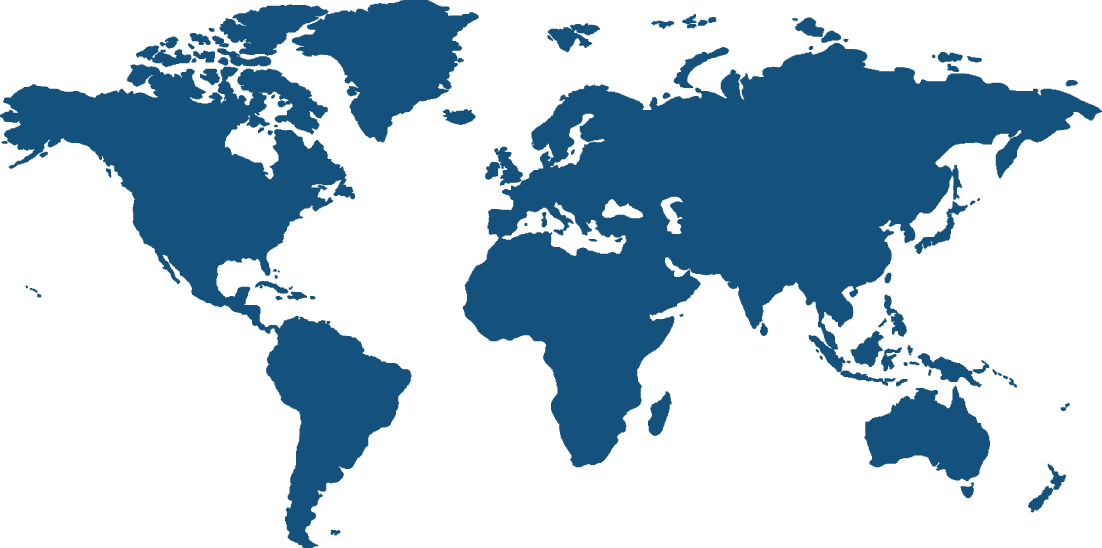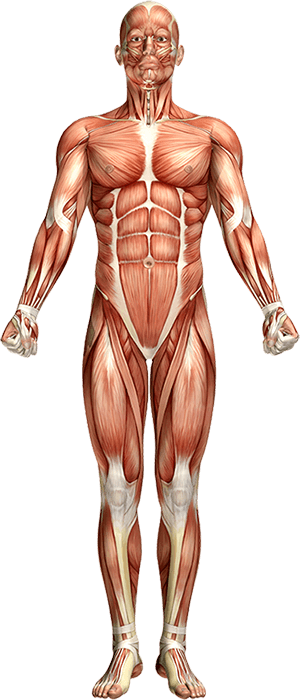PCOS/PCOD
Polycystic Ovarian Disease, commonly known as PCOD/PCOS, is an increasingly common disorder affecting women of reproductive age. As the name suggests it primarily affects ovaries, the gonads of female reproductive system. It is usually characterized by multiple small cysts on ovaries, irregular menstrual cycles and excess of male hormones.

Causes:
The function of ovary is to produce and release egg (ovulation) for fertilization. Along with egg production, it secretes few hormones necessary for maturation of egg and to prepare the uterus for implantation of fertilized egg. These hormones are Oestrogen and progesterone the prime female hormones. Besides these, ovaries also secrete traces of male hormones (androgens). Any imbalance in these hormones can cause PCOD. This imbalance can occur due to:
- Increased amount of Androgens/Testosterone – Generally ovaries secrete very minute quantities of androgens, but if it’s secretion is increased due to causes like hyperinsulinemia (increased insulin level) or increased Luteinizing hormone level, it can adversely affect ovulation leading to PCOD condition.
- Increased level of Luteinizing hormone – a hormone secreted by Anterior pituitary gland. The main function of this hormone is to help ovulation and development of Corpus luteum (a structure responsible for secretion of oestrogen and progesterone) in females and secretion of testosterone in males. In conditions when this hormone level increases in blood it can stimulate excess production of testosterone in females, causing hormonal imbalance
- Increased prolactin level- Prolactin is another hormone again secreted by Pituitary and helps mainly for milk secretion. The increased level of this hormone causes depression in oestrogen hormone levels causing imbalance in hormonal levels
- Hyperinsulinemia – Insulin is a hormone responsible for glucose metabolism and helps the cells to utilize glucose for energy, but in certain conditions cells remain insensitive to insulin. This leads to increase amount of insulin. Hyperinsulinemia can also affect ovaries and stimulate them to secrete more androgens.
Besides hormonal imbalance -genes, obesity, stress can also increase the risk for PCOS/PCOD
Symptoms:
The symptoms of PCOS?PCOD include:
- Most of the individuals suffering from PCOD report irregular menstrual cycles
- It is believed that 1 out of every 10 women of reproductive age report with PCOD and it is one of the leading cause for infertility
- Another common symptom of PCOD is Acne most probably due to the hormonal imbalance
- The increased level of androgens can lead to unwanted hair growth on body like growth of mustache and beard in women, a condition known as Hirsutism
- PCOD has also been found to be associated with Diabetes. There is an increased risk for Diabetes in patients with PCOD
- Emotional disturbances like mood swings, depression and feeling of fatigue
Best Homeopathy Treatment For PCOS:
Homeopathy is a safe and effective way of dealing with PCOD. The conventional treatment of hormonal medications and surgical intervention though helps to regulate the hormonal levels in blood stream, the root cause leading to such disorders remain behind. Homeopathy with it’s constitutional approach based on patient’s physical, mental and emotional symptoms not only help to keep the hormonal level normal thereby reducing the symptoms of PCOD but also eliminate the root cause. At Dr.Care homeopathy, our team of well experienced doctors and dynamic medications has helped many in overcoming their PCOD and also assisted those reporting infertility due to PCOD conceive naturally
For more about the treatments and services offered by Dr. Care Homeopathy Call Us @ 07337557853.


